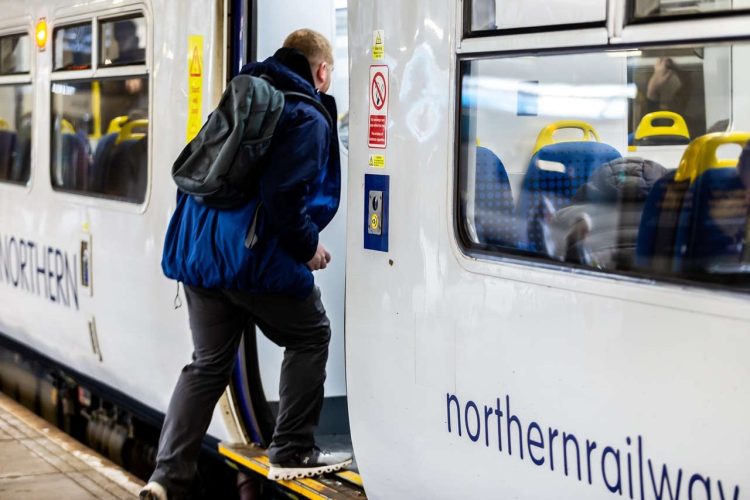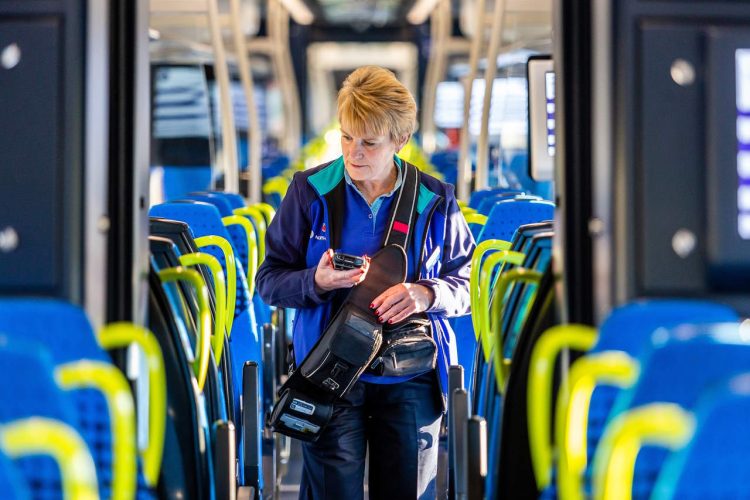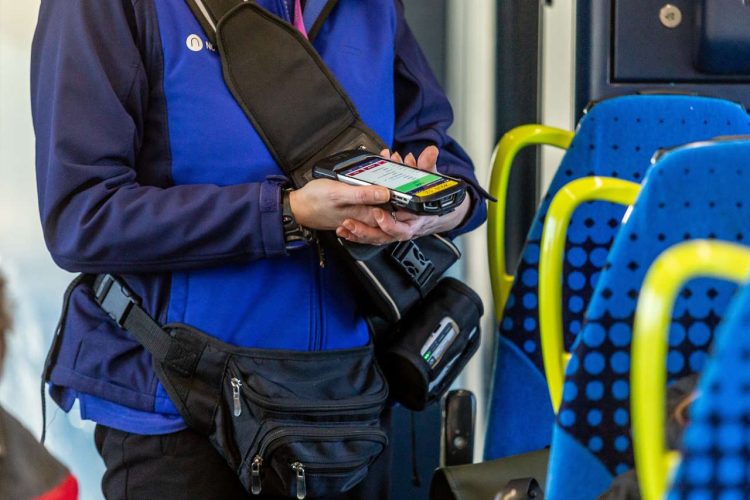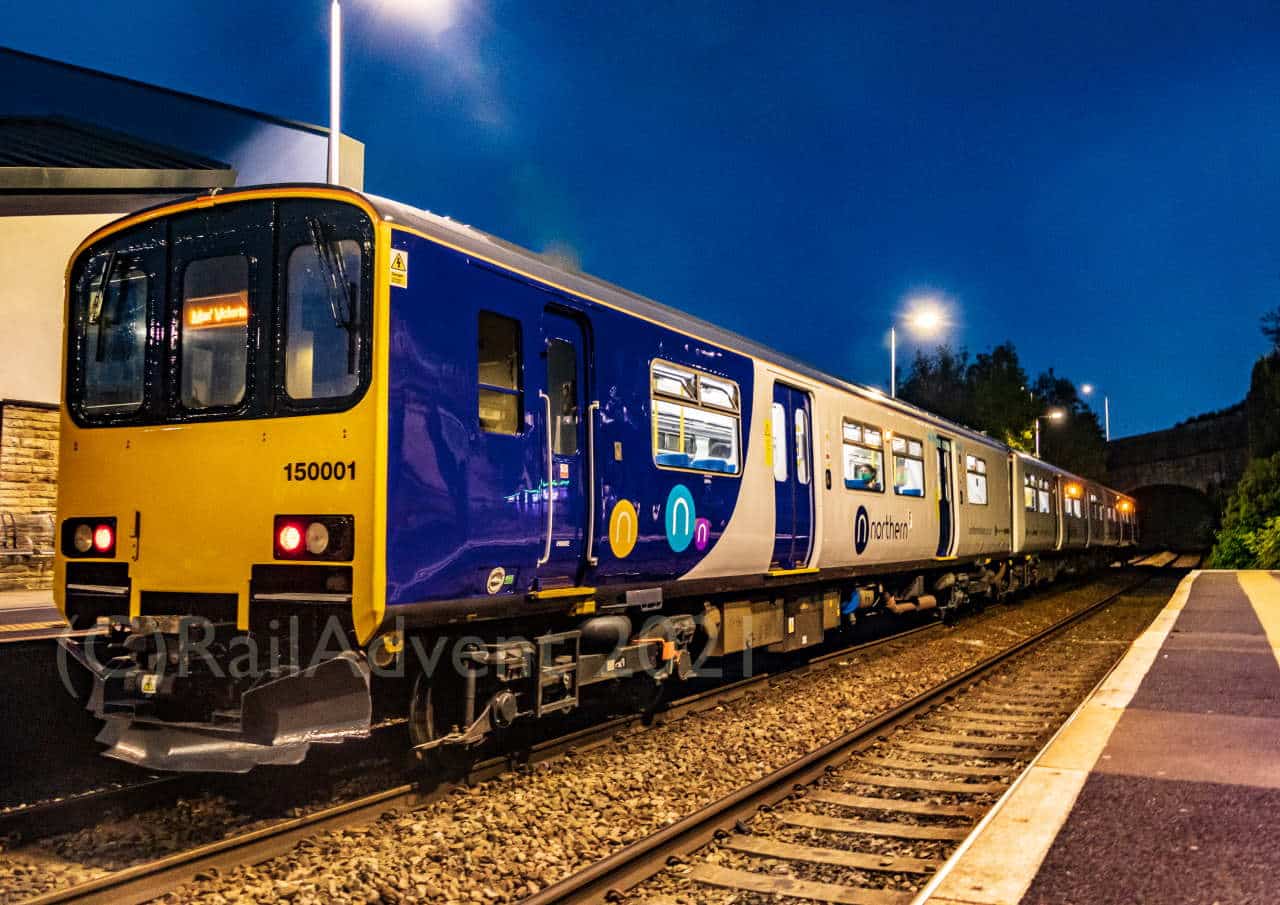People who try to evade paying their fare on Northern Trains will now find it more difficult as they are increasingly likely to leave a trail of digital evidence for investigators to follow.
Fare evaders, or as they are often known “fare dodgers”, refer to those people who buy a ticket for travel, but then fraudulently attempt to claim their money back after their journey.
Similarly, they may also be customers who buy tickets for just a part of their journey or for those stations with ticket gatelines.

However, 67% of tickets bought for Northern services are through digital platforms, which allows Northern’s Digital Fraud Investigations Team to look into the circumstances of attempted fare evasion in much more detail.
The Digital Fraud Investigations Team have legal and statistical analysis backgrounds. It was established in 2021 in response to a large increase in digital ticketing after the pandemic.

As part of Northern’s Debt Recovery & Prosecutions Unit, in the last financial year, they investigated 108,681 reports of attempted fare evasion, issued 53,344 Penalty Fare Notices, attended 301 court sittings, helped secure 14,072 convictions and recouped £2,851,883 of lost revenue for the taxpayer.
Northern has the country’s largest network of train operators’ digital ticket infrastructure, which makes it easy to purchase tickets via their app, website, or from one of more than 600 ticket machines across the network.

Prosecutions of fare evaders are made under the provisions of the Regulation of Railways Act 1889 and the Railway Byelaws made pursuant to the Transport Act 2000. Those suspected of ticket fraud are prosecuted under the Fraud Act 2006.
As part of its campaign against fare dodgers, Northern has previously mounted campaigns against secondary school students trying to avoid paying their fare, and a targeted campaign against fare dodgers on services between Doncaster and Leeds.
Mark Powles, commercial and customer director at Northern, said: “The old-school fare evader still exists, but there’s a new generation who try to outsmart the system through a complex process of fraudulent refund requests, delay repay claims and a process known as ‘short faring’.
“What these individuals might not realise is that, as with any electronic transaction, our systems are able to identify suspicious activity and bring it to the attention of our specialist investigators.
“Once our investigators are on the case, they can review all ticket transactions by that individual over several years and build a case if they believe there is a pattern of criminal behaviour.
“One fraudulent claim today might uncover a backlog of similar activity that our team will pursue. Our message to those people is ‘quit while you’re ahead’.”






Responses
Maybe people wouldn’t feel inclined to rip off train companies of train companies didn’t rip off people.
Edinburgh to Carlisle can be anywhere from £11 to £84. And when the Carstairs work closed the junction and they had coaches on doing the whole journey, it was still £84 even though the same coach for the same journey is £12.5) on the National Express website.
Make ticket pricing more simple and fair, reduce the rip-off taxes imposed on same-day purchases, make single tickets half the price of returns, and perhaps you’ll see people start to respect the system we’ve got.
Maybe every train company should use this same system to stop people from getting away from not having the correct ticket.